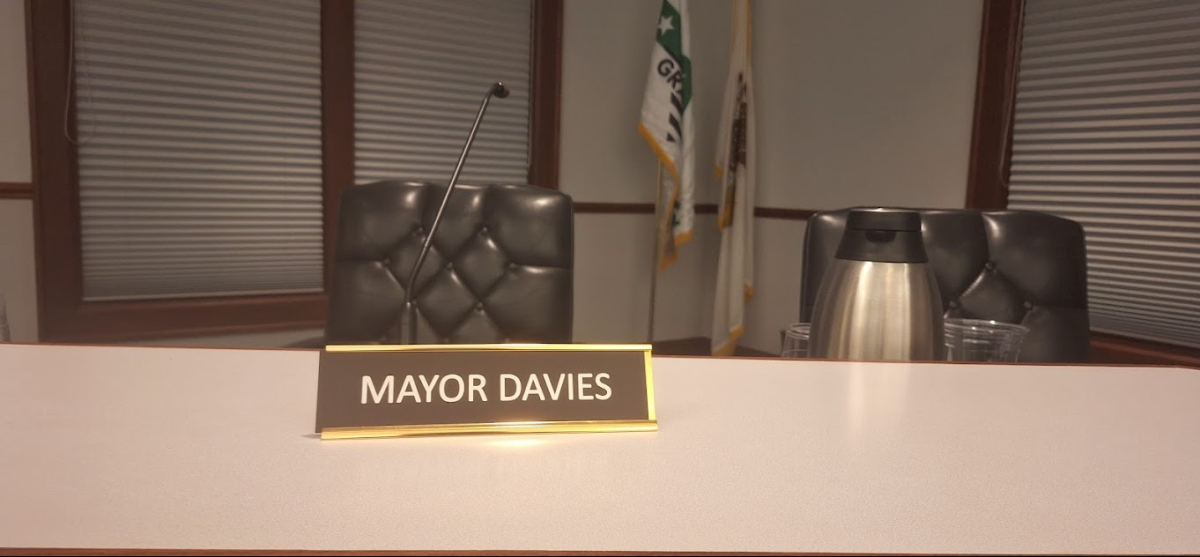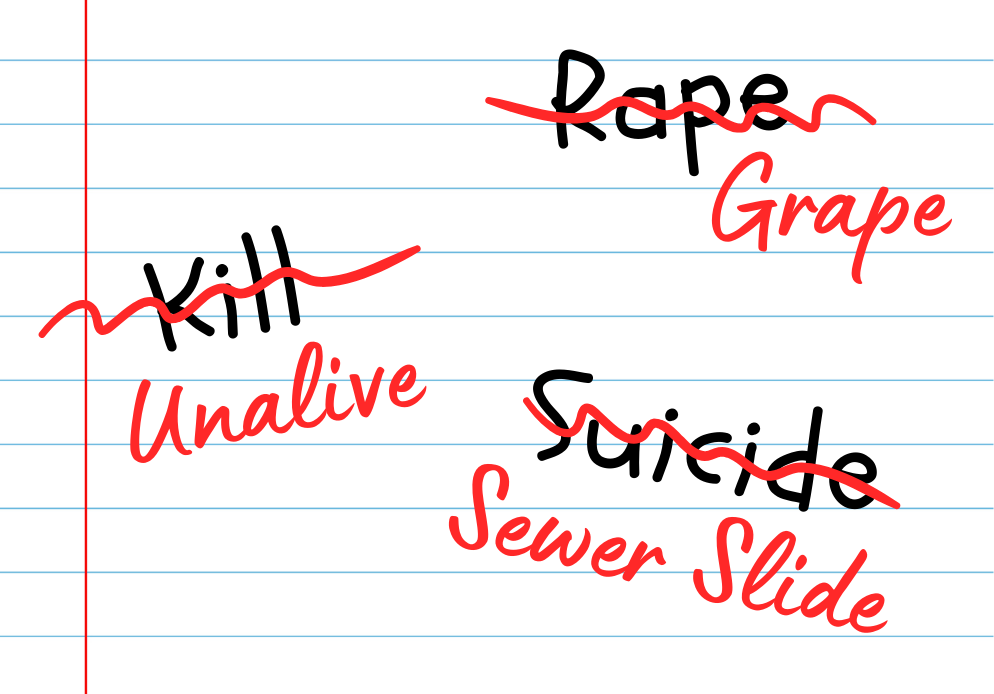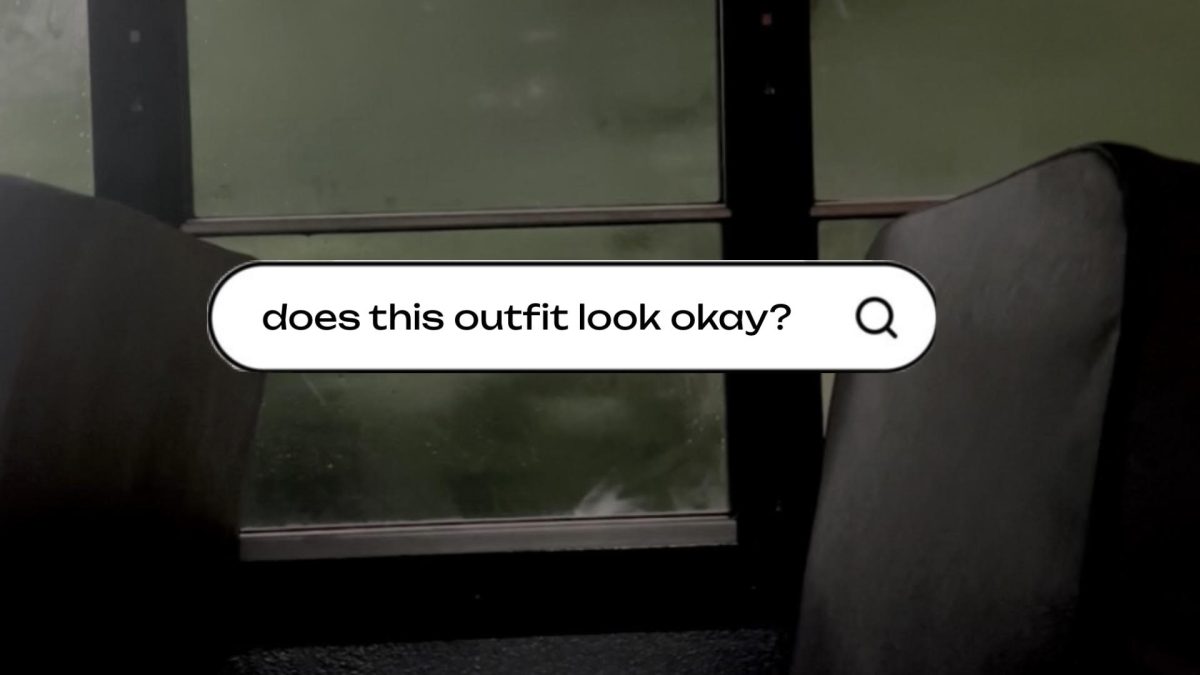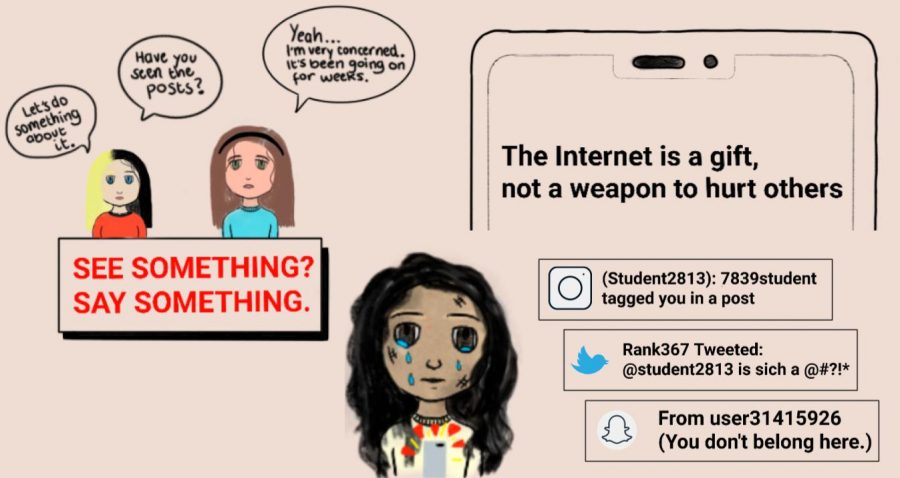Anti-Transgender Bills Gain Traction
The fight for queer rights continues in the United States.
May 9, 2023
Since the beginning of 2023, individual states in the United States have been passing and considering legislation that targets transgender individuals.
At first, these bills targeted transgender children specifically, banning them from gender-affirming care and barring younger children from being taught about LGBTQ+ identities in schools, as seen most recently in Florida with Governor Ron DeSantis signing into law the so-called “Don’t Say Gay Bill.”
In states like Texas, Florida, and Alabama, state politicians and governors have been signing bills into law that restrict gender affirming care for children and teenagers.
At the end of April in Alabama, SB 184 and HB 322 were signed into law. SB 184 is a law that makes it a felony, punishable by up to ten years in prison, to provide gender-affirming care in the state. Additionally, SB 184 also prohibits nurses, school counselors, teachers, principals, and other school officials from withholding information from parents about how their child identifies.
Also passed in Alabama is HB 322, a law that bans K-12 students from using bathrooms and school facilities consistent with their gender identity.
In early March of this year, Michael Knowles, a right-wing political commentator and correspondent for The Daily Wire, spoke at the Conservative Political Action Conference in Maryland and stated “for the good of society… transgenderism must be eradicated from public life entirely — the whole preposterous ideology, at every level.”
A public statement of this magnitude highlights the rising level of hateful rhetoric from people in power targeted towards trans people, and the lengths some are willing to go to rid their state of transgender care.
Many of these laws are up to the state’s own decisions, so gender affirming care laws vary per state. This trend shows more states are passing anti-transgender bills than fighting them.
Of all the states and territories, the only places where anti-trans bills have not even been suggested are Wisconsin, Delaware, Puerto Rico, Washington D.C, New York, and Illinois. Anti-trans legislation and bills have been fully passed in Florida, Alabama, Texas, Idaho, Wyoming, Utah, North and South Dakota, Iowa, Arkansas, Indiana, Kentucky, West Virginia, Mississippi, Georgia, Kansas, and Tennessee, totaling 17 states and around 40 passed bills.
Despite all this, there are still many queer people and allies fighting back against these bills. Many queer people are attempting to organize protests and rallies, and there are still people in state houses attempting to get rid of these bills, like representative Zooey Zephyr of Montana.
Representative Zephyr, a transgender woman, was speaking out against an anti-transgender bill to the Montana House of Representatives, when they censured her, ignored her, and muted her microphone so she was unable to be heard when speaking.
“The Republicans [of Montana] have used an undemocratic move to remove the ability for me to represent my constituents on the floor,” Zephyr told ABC News last week. “But as I work to resolve that, I need to be as close as possible, so I can have the conversations with legislators and make sure that I can, at least in some way, make sure the voice of my constituents can be discussed.”
Zephyr is amongst the many people within state houses speaking out against these anti-transgender bills, and will most likely proceed to do so in the future.









































